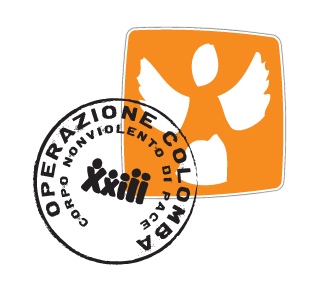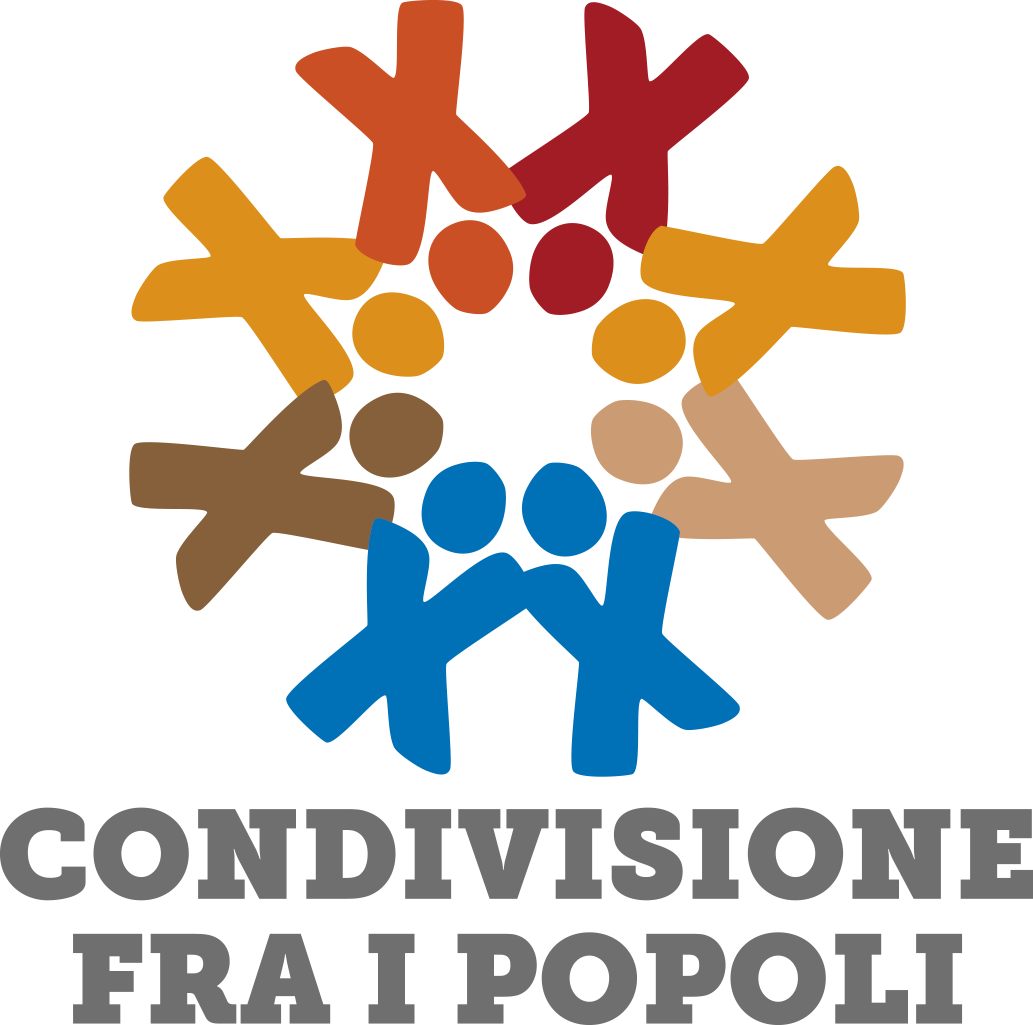Settlers’ vandalism of Palestinian properties
Jaber is near his tractor on the top of the hill.
The sun has just risen but, unlike the other mornings, Jaber is not appreciating the dawn.
In front of him, there is his olive grove, which belonged to his family from generation. A land that until yesterday was alive, full of life and resistance, and now is just a devastated field: most of the trees are broken, the centenary trunks cut, the branches broken.
The grief he feels is nearly physical, so strong enough to feel his heart broken.
This year he won’t be able to pick up anything, to gather the family during the olive harvest, to bring the olives to the oil mill. He cannot celebrate the end of the olive harvest and taste his oils with his family, he won't be able to sell it.
He can't do anything because there is nothing to pick.
He looks at his fields without life; rage and pain start to grow stronger. In that field there was all his life, past, present, and future: it holds the history of his family, his everyday life and the future of his children; those trees were the outcome of the resistance of his parents, of his grandparents before them and of all generation passed.
It’s as if something is broken inside him. Before he could feel the bond with his family, with his story as something concrete because he saw and perceived it in those millennial olives.
Now there is nothing.
How can someone decide to break something so precious?
By what right does someone decide to erase the history and identity of a person?
Jaber is not able to move, looks at his field, and he feels only the emptiness inside himself.
The phone rings and only when he is going to answer he sees the signs left by the nails on his palms: he stayed with the clenched fists all the time without noticing it, petrified by the rage and the pain.
He starts to walk between the broken olive trees and little by little he collects the branches fallen down to clean the field.
Tomorrow they will have to plant new olive trees.
Olive trees are one of the main crops in the Palestinian territories, where is generally cultivated for the production of olive oil. Olive trees take on more than economic meaning in the lives of Palestinians because they are drought-resistant and can grow even when the soil is in poor condition. They represent the resistance and the Palestinian resilience.
It has been estimated that the production of olive trees is 57% of the entire cultivated area. The annual production is estimated in 100,000 tonnes of olive trees which produces 24,000 tonnes of olive oil, which are 15% of the agricultural income of Palestine (1,4% of GDP). Nearly 80,000 families depend on the olives for their primary income.


 OPERAZIONE COLOMBA
OPERAZIONE COLOMBA
